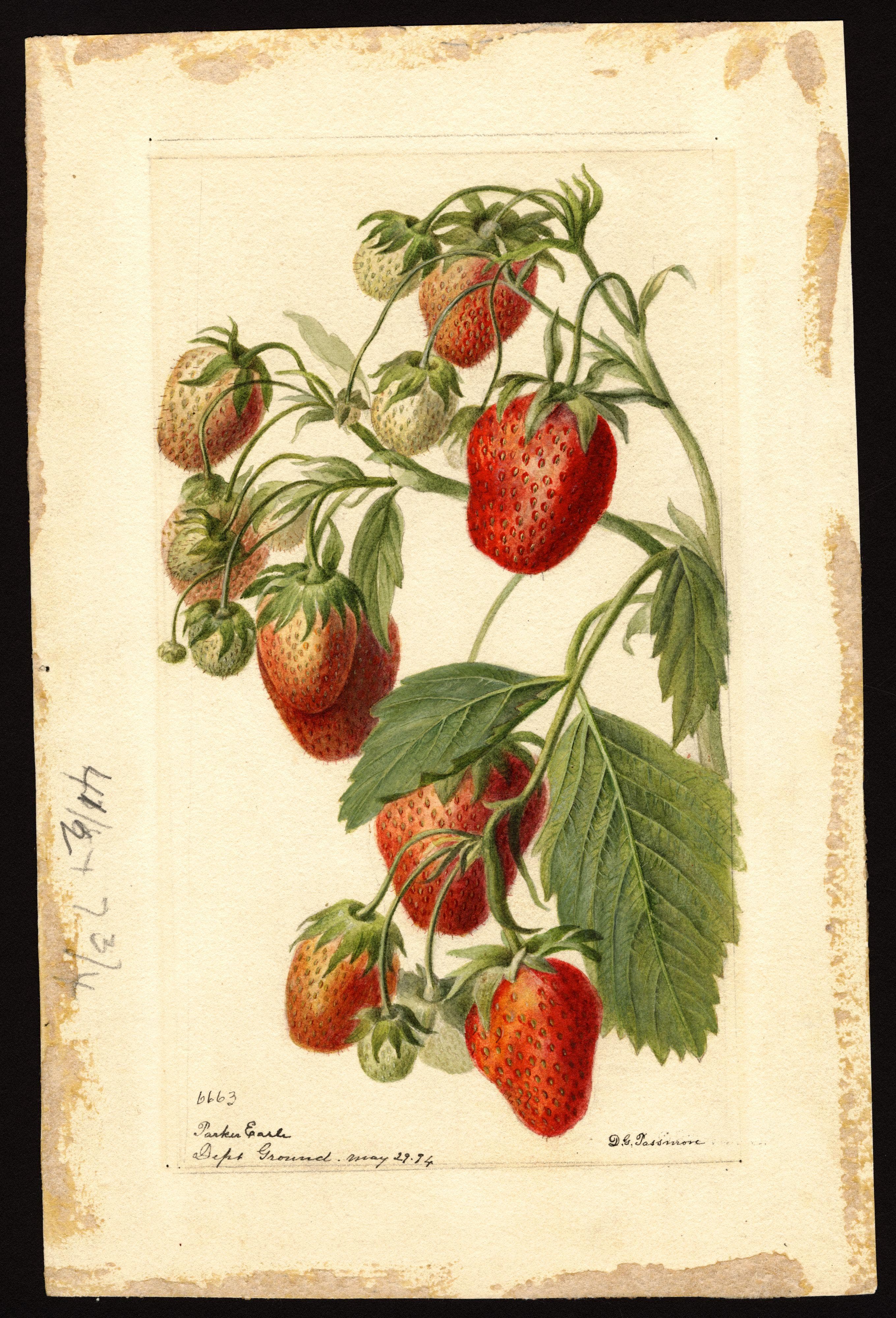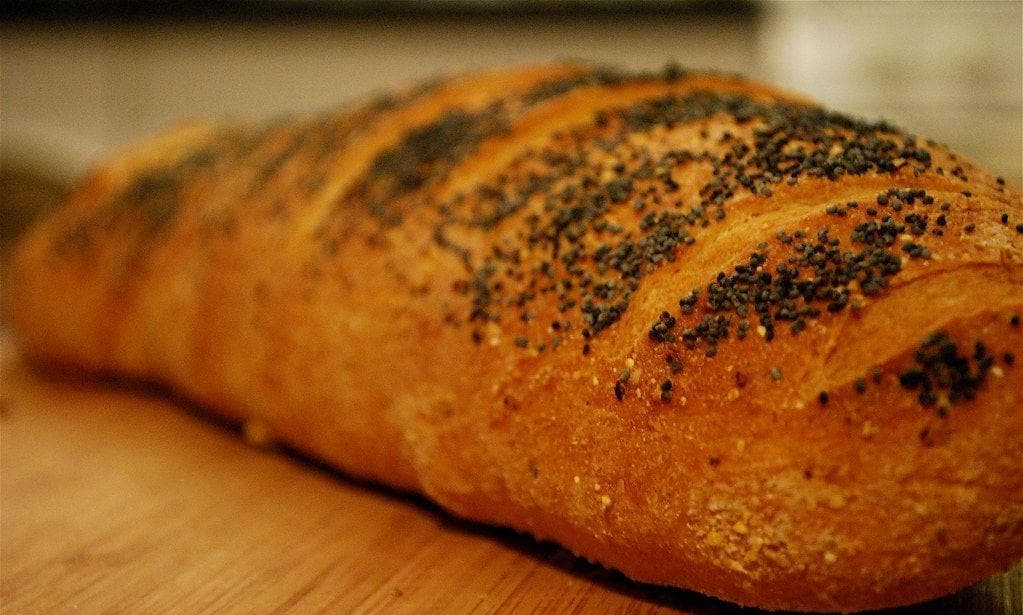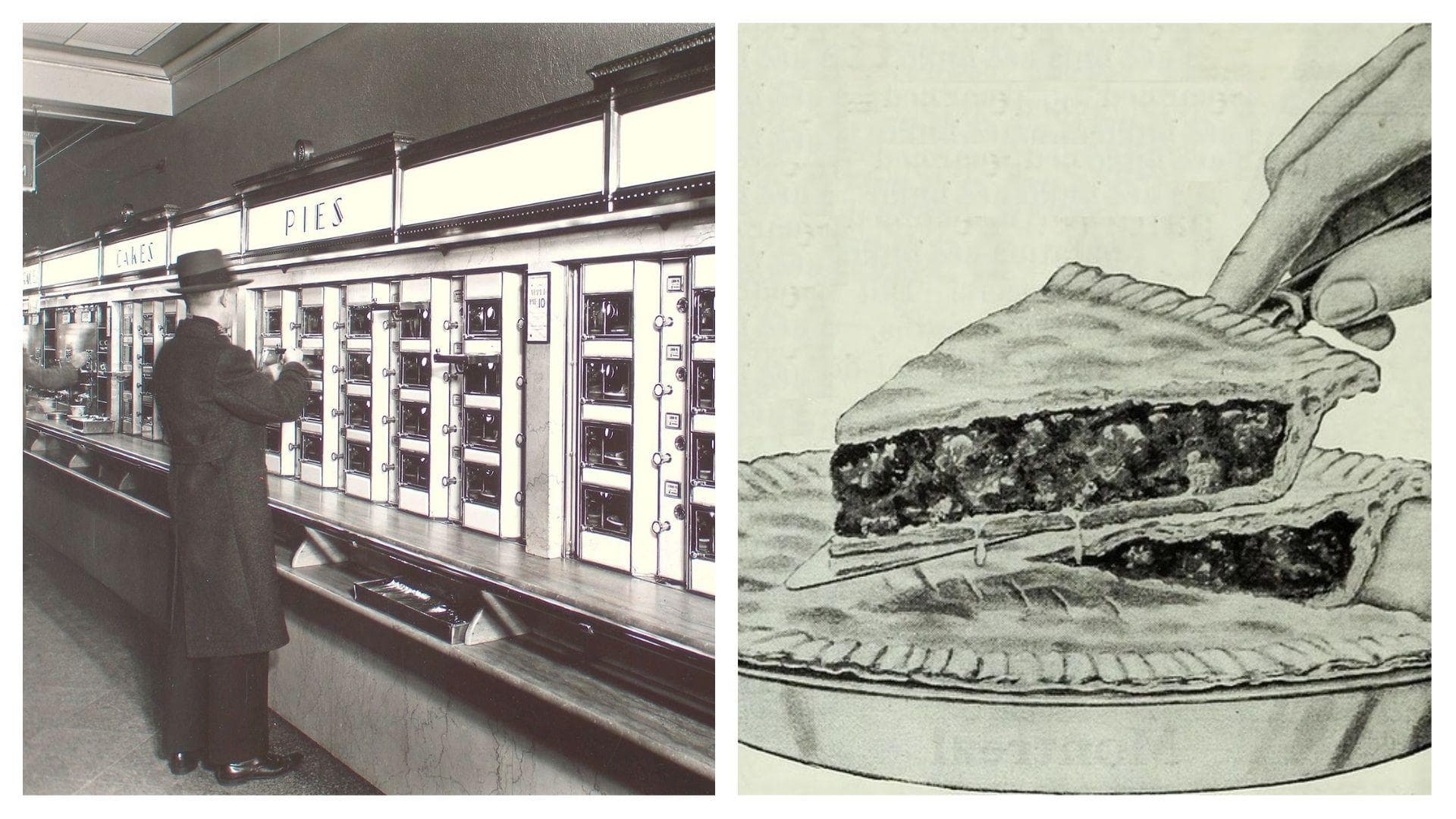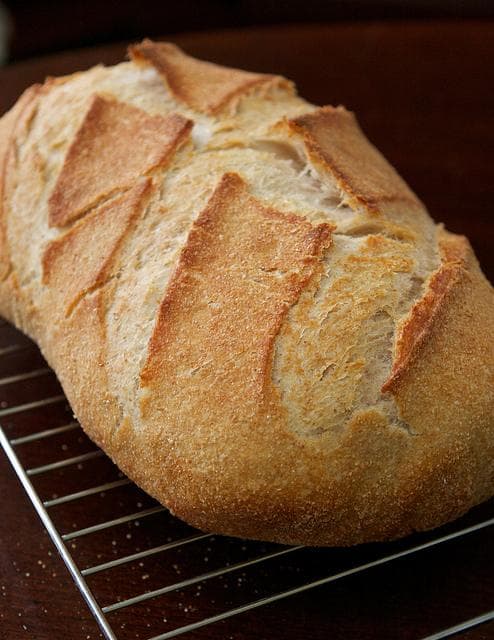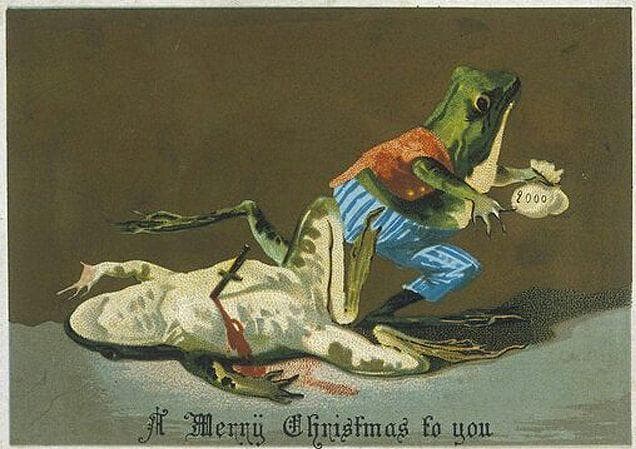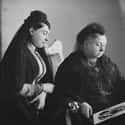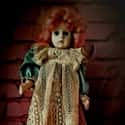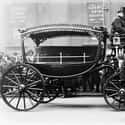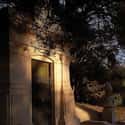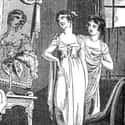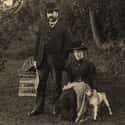(#11) Family Watched Over The Dying, Friends Watched Over The Deceased
During the declining period, the family sat with beloved members until they passed. Then it was customary for friends who were not members of the family to sit beside the deceased in order to spare the immediate family that added grief.
Of course, this vigil also came in handy in case the deceased wasn't actually gone.
(#3) Little Girls Would Practice Mourning With Funerary Dolls
During the Victorian era, women were tasked with the complicated business of mourning. According to the Encyclopedia of Children and Childhood in History and Society, it's not surprising that these macabre customs greatly influenced even children:
By the 1870s, death kits were available for dolls, complete with coffins and mourning clothes, as a means of helping to train girls for participating in, even guiding, death rituals and their attendant grief.
In addition, many books and pictures geared towards children emphasized the duties of families in times of grief.
(#21) Families Joined Burial Clubs To Afford Burying Their Loved Ones
The Anatomy Act of 1832 was passed to provide cadavers to the scientific community in the most cruel way. A relative had seven days to arrange for a coffin and burial or the body of someone who passed in an asylum, workhouse, or prison would be donated to a teaching institution. Religious beliefs fanned the flames of the fear of not having a fully intact body, ready for the resurrection. Robert Louis Stevenson's 1884 short story "The Body Snatcher" didn't help matters, either.
Burial clubs were created to help families of the lower classes pay for services, much the same way modern insurance policies function. Member paid weekly fees to cover expenses, no matter how long the person had been a member, with fees being based on age and type of ceremony.
(#6) Graves Were Fortied Against 'Resurrection Men' Who Stole Bodies
The medical need to understand illness and death caused a high demand for cadavers for medical training and dissection (and to entertain the public that would gather to watch dissections). Because of this, grave robbing was rampant. With religious influence, family members feared that altering the physical body could have negative consequences for the spirit.
According to History's "The Rise of the Body Snatchers" article, the practice of disturbing graves was all too common:
A common trick of the trade was to burrow into the head end of the grave and drag the corpse out with a rope tied around its neck. A more subtle method was to dig a hole at a certain distance from the grave and tunnel the body out without anyone knowing the grave had been disturbed. The shroud and grave goods would often be left in the grave on removal of the body, as court sentences were lighter for body snatching alone.
The wealthy built mausoleums and vaults, or encased grave sites with iron fortresses, to keep grave snatchers (called "resurrection men") out. Those who couldn't afford such elaborate grave precautions "would place stones or flowers on the grave to detect any movement in the soil that might betray a theft, or dig branches and brambles into the grave to make tunneling more difficult." Sometimes the deceased's friends would even guard the grave at night.
(#15) Mirrors Were Covered To Prevent Those Passed From Being Trapped
There was a widely held superstition that mirrors could trap the deceased person, so all the mirrors in the house would be covered in black cloth. Some also argued this helped prevent vanity among the bereaved living in the house. Essentially, the focus would be completely on those who passed and not those who were still living.
Often, family photos and paintings would also be turned upside or turned to face the wall.
(#17) To Prevent The Spread Of Death, Dogs And Even Chickens Were Sometimes Put In Mourning
If several or all members of a single household passed, anyone entering the home was required to wear a black ribbon, including dogs and chickens. The ribbon was believed to prevent death from being spread outside the house.
In the event that a beloved family pet passed, people of the era also held elaborate ceremonies for the deceased animals, particularly dogs. Despite class and wealth, families conducted dog funerals in the honor of their lost canine friends.
New Random Displays Display All By Ranking
About This Tool
In the Victorian period, complicated mourning ceremonies became a traditional custom, so that society would humiliate those who did not follow the customs of tombs. Some of these rituals, such as meals after the funeral and surrounding the body of the deceased with flowers, are still practiced today. Victorians were not afraid to do something unusual mourning customs that disappeared after the end of the era.
In the Victorian era, it was very popular to commemorate the deceased. People would cut part of the deceased’s hair and make brooches, lockets, and garlands. There were even specialized craftsmen who made burial supplies on their behalf. The random tool lists 22 weird morbid death and customs.
Our data comes from Ranker, If you want to participate in the ranking of items displayed on this page, please click here.





